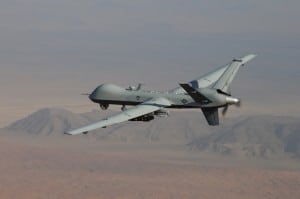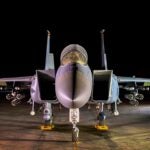
The topline of the Senate Armed Services Committee’s fiscal year 2017 defense authorization bill is still a mystery, but SASC subcommittees during markups of the bill on Tuesday revealed key details on spending—including more money for the MQ-9 Reaper.The readiness, emerging threats and capabilities and personnel subcommittees amended their portions of the 2017 National Defense Authorization Act in open sessions in advance of a full committee markup that starts Wednesday and could extend until Friday. The strategic forces, seapower and…












